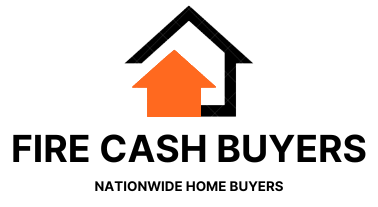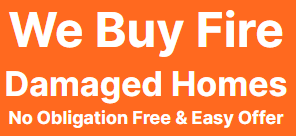Do Gas Fireplaces Cause House Fires [You'll Be Surprised]
Gas fireplaces are an affordable way to heat your home but can also cause house fires due to issues like a faulty flue or damper, which can allow fumes to accumulate. Additionally, they might cause damage to furniture and other objects, so keeping safety in mind is essential.
A gas fireplace is a fire that uses gas instead of wood or coal to burn. The fire produces heat and light for the room but does not create enough heat to cook food, cause exchanger leaks, or turn logs into an ember model. To prevent asphyxiation, ensure proper installation and maintenance of the fireplace. Keep in mind, if something seems off or you detect an odor, it's best to act immediately.
Because it does not produce enough heat, a gas fireplace should never be used to cook food or boil water. If you want to use your fireplace as a cooking surface, you will need an electric stovetop, range, or another device suitable for cooking.
The most common types of fires are those that start independently without warning. They can start in the fireplace itself or attics or crawl spaces where no other ignition sources exist. Installation of alarms and detection measures is crucial for preventing house fires.
In some cases, these fires may be caused by poor wiring or faulty flues, which allow them to build up too much heat and become smoldering rather than burning hot enough for combustion purposes (this is called an overheating situation). If you smell gas, take immediate action to ensure your safety.
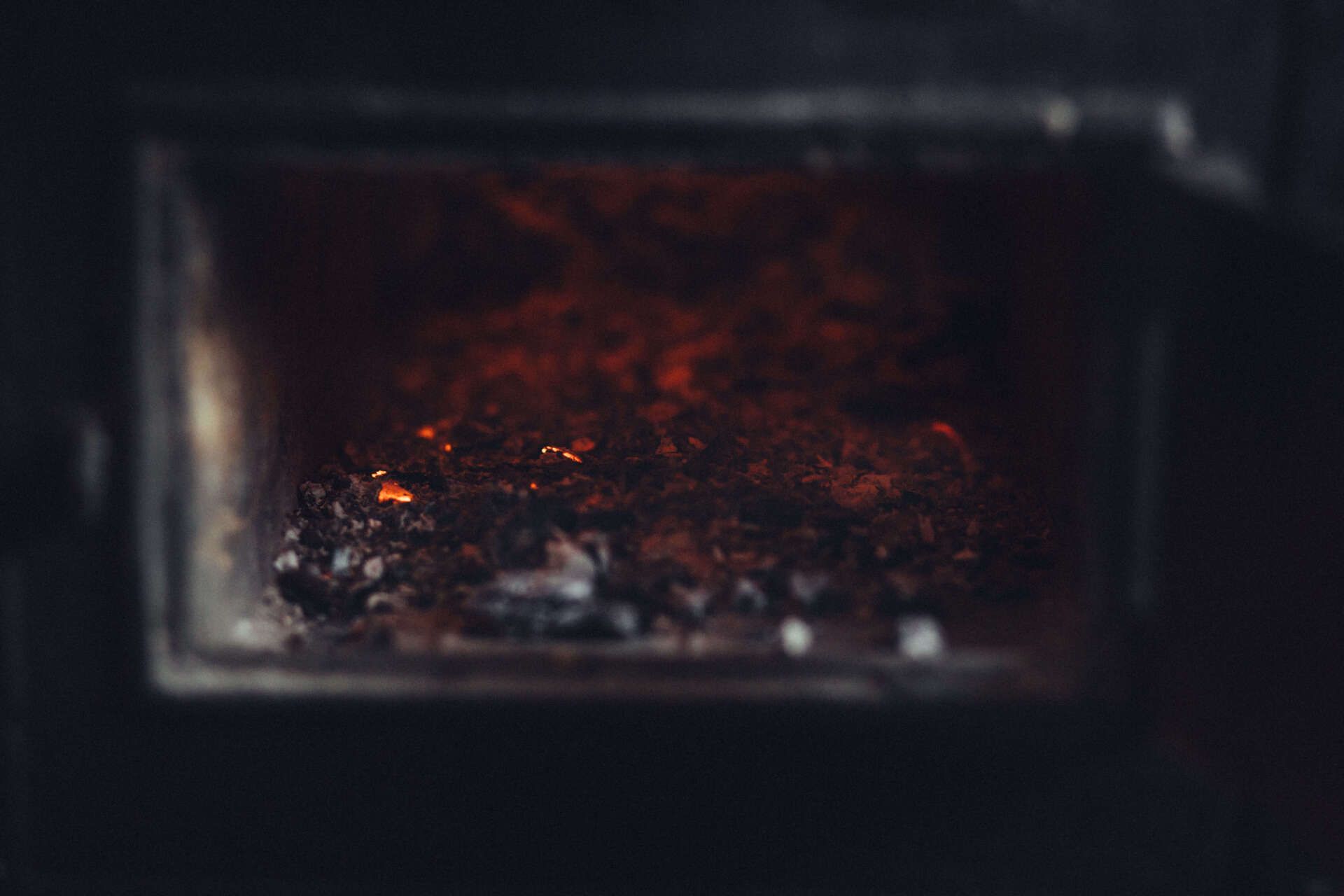
How do Gas Fireplaces Cause Home Fires?
Gas fireplace fires are a serious problem. You must have proper maintenance with gas fireplaces to prevent them from catching fire. Gas fireplaces are not very different from other furnaces and wood stoves, so it's essential to know how they work and how they can be maintained.
One of the most common causes of gas fireplace fires is that people don't maintain the unit properly. They don't clean it out properly, or they don't replace the filters when they need to be replaced. It can cause carbon monoxide gas to build up inside the unit, leading to an explosion if there is insufficient oxygen in the air around it.
Gas fireplaces also collect dust over time, creating a perfect environment for fires to start quickly because dust is flammable, just like wood. Dust builds up on the heat vents, furniture, and other objects that should be cleaned regularly by owners who take good care of their units.
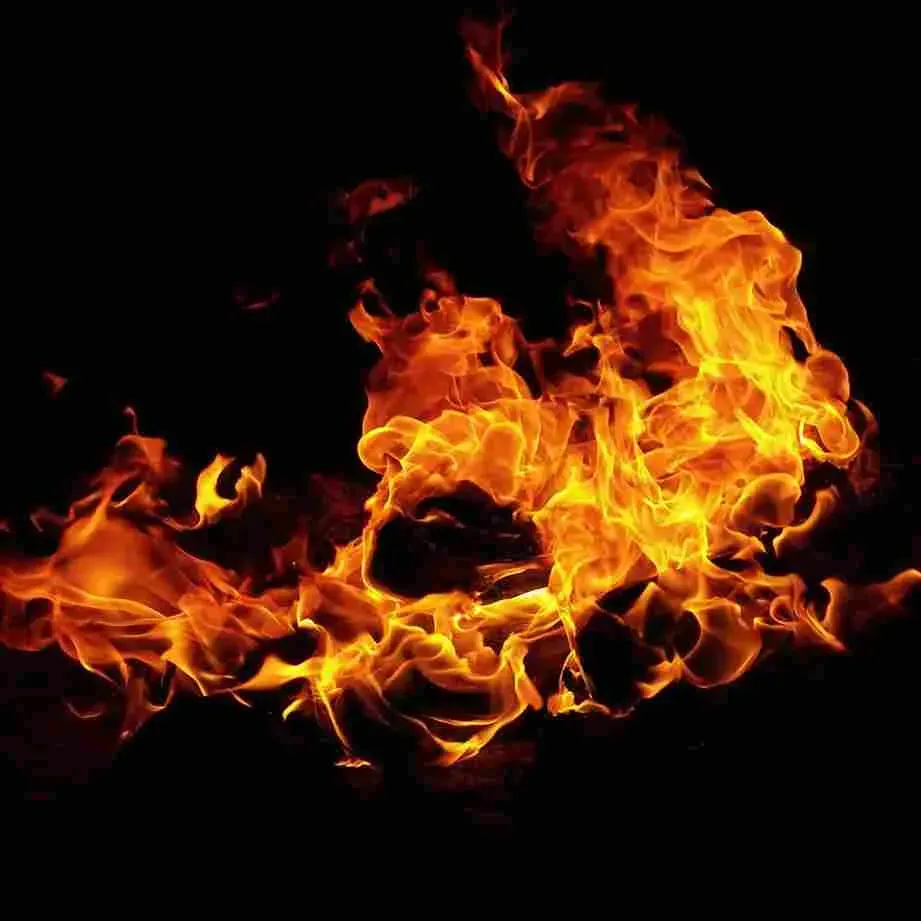
Can Gas Fireplaces Cause House Fire?
Yes, gas fireplaces can cause house fires. Gas fireplaces use a different venting system than wood-burning fireplaces. Wood fireplaces burn at much higher temperatures than gas fireplaces, reaching 2,000 degrees. This high temperature can ignite combustible materials nearby.
The most common causes of gas fireplace fires include:
Lack of proper installation and maintenance. A poorly installed fireplace can result in dangerous soot and creosote buildup, leading to chimney fires and other hazards.
Ignition sources outside the home. If you have a gas fireplace in your home that is not correctly installed or maintained, it could pose a fire hazard if it ignites anything outside your home. It includes things like cigarettes, matches, and candles left unattended near an open flame.
If you have any concerns about the safety of your gas fireplace or chimney, contact an experienced chimney repair company for help finding solutions to your home's safety issues.
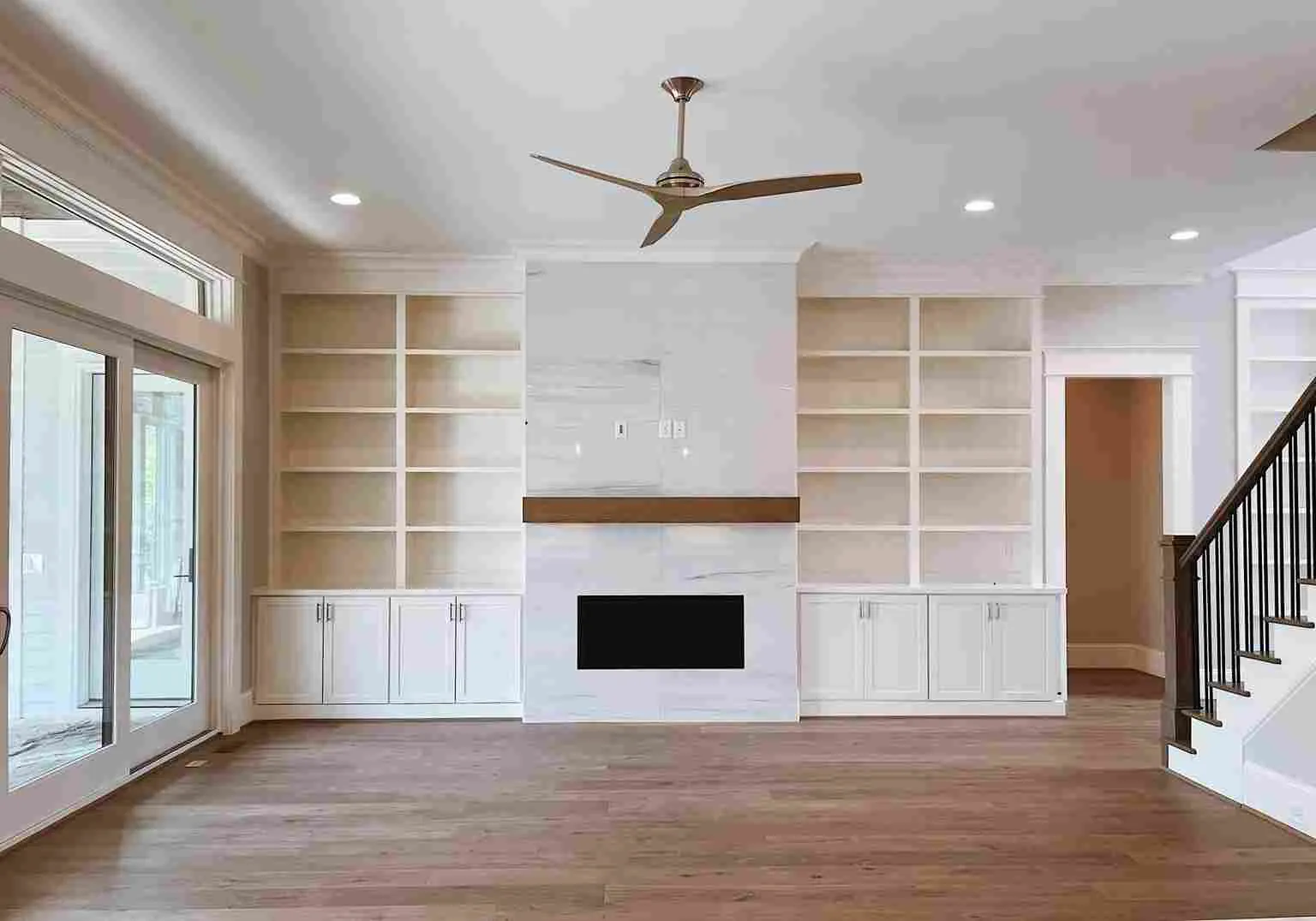
What Percentage Of House Fires Are Started By Gas Fireplaces?
According to National Fire Protection Association (NFPA):
In approximately three out of ten heating equipment-related fires (29%), fireplaces or chimneys were involved. Because fireplaces and chimney fires are generally considered confined fires that do not spread beyond the chimney, fireplace fires result in a relatively more minor number of fatalities (9%) and injuries (5%) than other fire types.
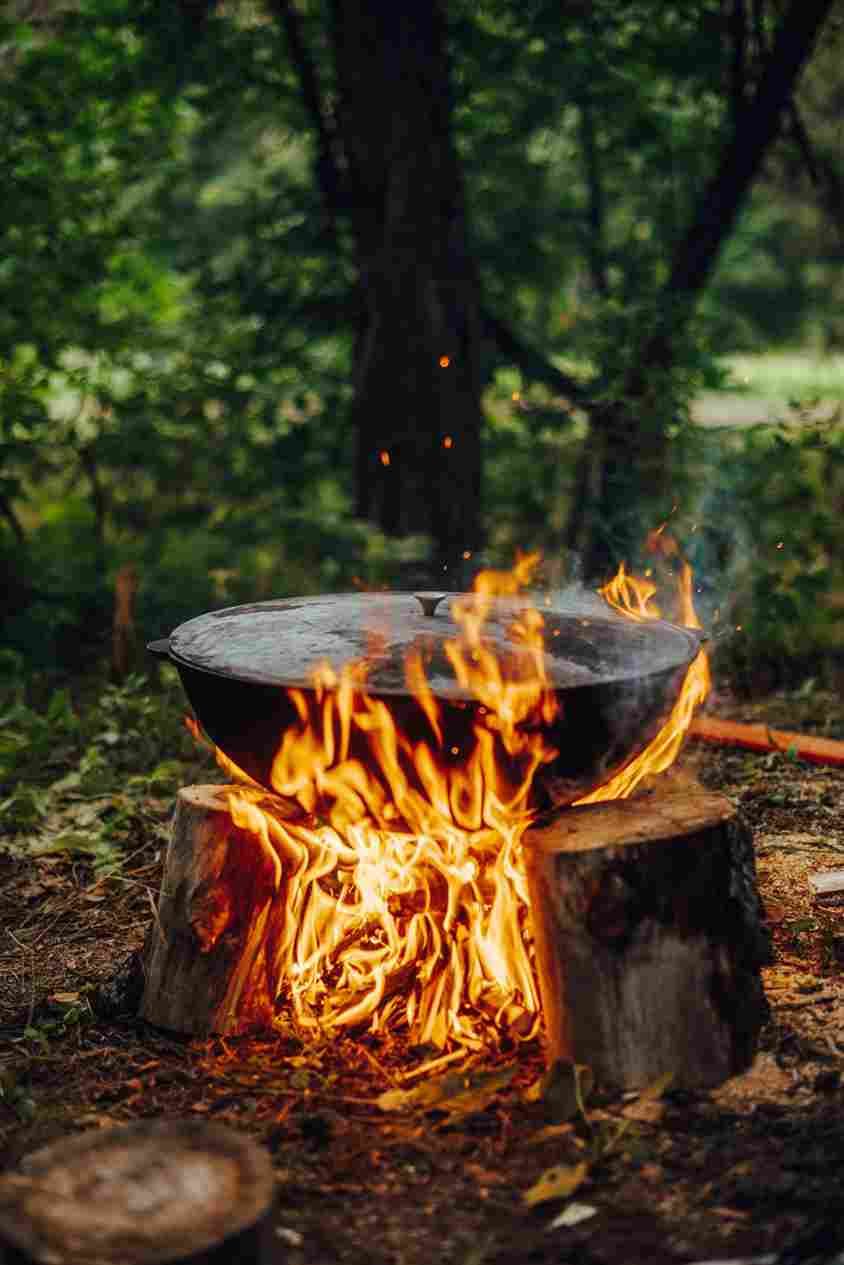
Is It Ok To Leave An Gas Fireplaces On All Night?
No, gas fireplaces should be turned off at night. The source of the flame should be removed, and the fireplace vent closed. Leaving a gas fireplace on overnight is unsafe because it can cause carbon monoxide poisoning if left burning overnight, robbing you and your family of the warmth and comfort of a safe home. Homeowners should take advantage of various services and products available to ensure their fireplace functions correctly, such as tools for inspections or books on fireplace maintenance.
Carbon monoxide (CO) is a colorless, odorless gas that can accumulate in enclosed spaces such as homes and cars. The gas is produced by burning fossil fuels such as natural gas, gasoline, or wood for heat or cooking. Having a carbon monoxide detector installed is essential to mitigate the risk of exposure in any emergency. Regular inspections using the right tools can help identify potential leaks and keep your fireplace safe for use.
Carbon monoxide is an odorless and tasteless gas that is dangerous because it is not visible by sight or smell but can affect your health when you breathe it in. Exposure to high levels of CO can lead to dizziness, headaches, fatigue, and other symptoms of CO exposure. If you have questions about your fireplace's safety, consult a professional for assistance.
WE CAN HELP WITH ANY SITUATION AND WE'RE READY TO GIVE YOU A FAIR CASH OFFER!
Enter Your Information Below it is Quick, Easy & Free!
Get Cash Offer
What Are Gas Fireplace Safety Tips?
If you have a gas fireplace, the most important thing to remember is that it's a big fire. If you aren't careful, it can cause a house fire. Here are some safety tips for gas fireplaces:
Don't forget about clearance zones.
Don't forget about clearance zones around your fireplace. If you don't have enough room in front of it, consider moving your fireplace or having someone install an extension cord so that you can plug in your stove and other appliances.
Check the Safety Screen Barrier.
One of the most important things to check when installing a gas fireplace is the barrier between the pilot light and the fireplace itself. This barrier is called a screen, and it should be installed in such a way as not to obstruct or cover any part of it. If it doesn't come with one, you'll want to buy one separately so you can install it properly.
Test carbon monoxide detectors and smoke detectors regularly.
These carbon monoxide detectors are designed to detect these dangerous gases before they become deadly. You should also check them regularly during winter when there is less airflow through your home and outdoor use of gas heaters increases due to cold temperatures (which create more moisture).
Schedule a yearly inspection
Schedule an inspection annually of your fireplace by an HVAC technician or licensed professional who specializes in gas appliances. Your inspector should check for proper ventilation systems and service valves that should be maintained regularly.
Keep children and pets away.
Keep children and pets away from the fireplace whenever it is in use and ensure it is never operated without enough oxygen available for combustion – this means no smoking or open flames around or under the appliance itself. Also, ensure all vents are clear of debris before starting your unit.
Why a Gas Fireplace is a Fire Hazard?
It can be a fire hazard because gas fireplaces do not produce a lot of carbon dioxide, smoke, or fine particulates into the air, which makes it a safer option than a wood fireplace. As a standard feature, gas fireplaces include various safety precautions.
Why Gas Fireplace Cause a House Fire?
Gas fireplaces are not a fire hazard. While they can produce carbon monoxide, the gas itself is inert. The risk of carbon monoxide poisoning from an open flame in a fireplace is minimal.
Carbon monoxide poisoning is most dangerous when it accumulates in the air and builds up to high levels. It can happen if there is any lack of ventilation or if you have an appliance with a defective pilot light (like a gas stove or water heater).

Happy Customers



